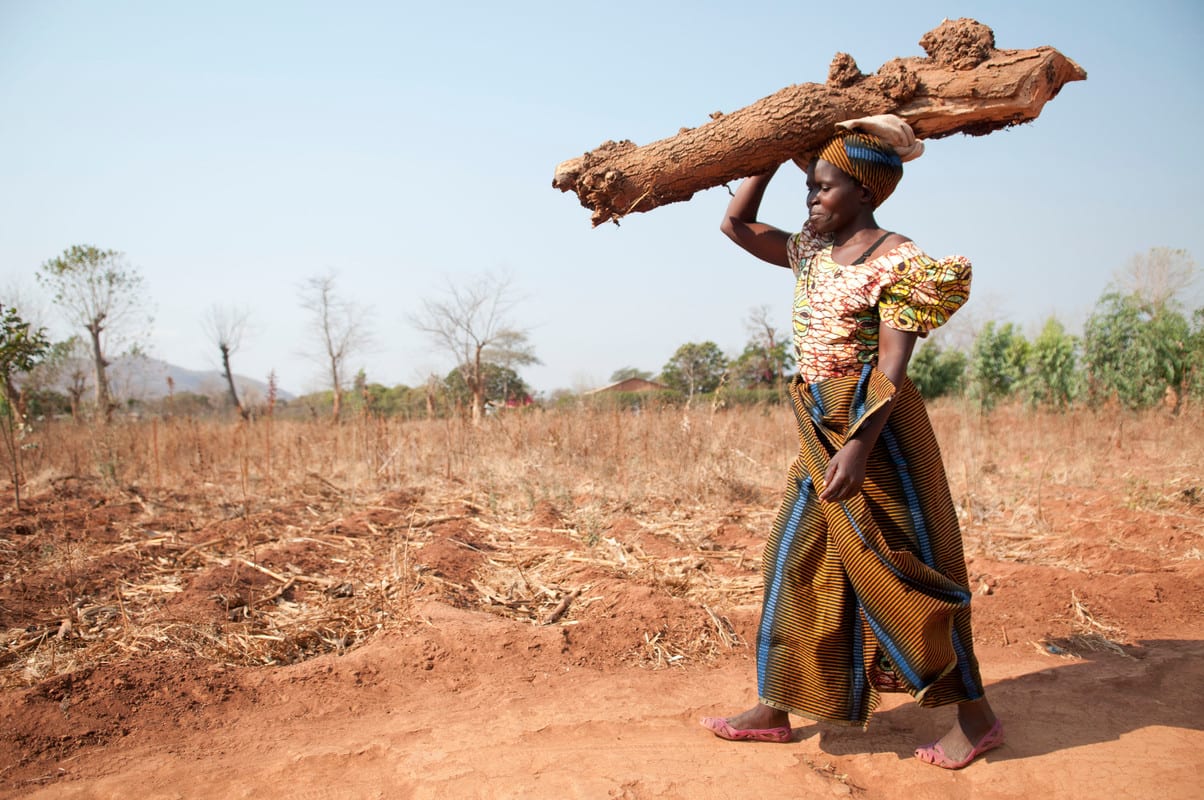Malawi research should prompt re-think on insurance as quick fix for climate risk funding
World leaders should re-think their approach to climate risk insurance in the light of evidence it may actually be worsening inequality and vulnerability, according to a report published by ActionAid today (24 May 2017). The report, The wrong model for resilience, shows how a G7-backed drought insurance policy failed the people of Malawi during the 2016 El Niño drought.

The policy, which cost Malawi nearly US$5m, failed to deliver timely assistance to 6.5m people, because of major defects in the model, data and process used to determine a pay-out. Despite Malawi declaring a national emergency in April 2016, the insurers initially refused to pay out.
An US$8m payment, eventually made nine months later (January 2017) was too little, too late. Total drought response costs were estimated at US$395m.
Speaking at the 2017 Global Platform on Disaster Risk Reduction, ActionAid’s Jonathan Reeves, the report’s author, said:
“Based on our research, ActionAid recommends that the G7, World Bank, Insurance Development Forum, African Risk Capacity and others should stop their headlong rush to push the false solution of insurance on poor and vulnerable countries and re-consider the evidence.
“World leaders gathered at the Global Platform on Disaster Risk Reduction, G7 and G20 Summits should send a strong signal that insurance is not a quick fix for broken development, adaptation and humanitarian finance systems.”
Chikondi Chabvuta from ActionAid Malawi said:
“Governments should focus on building resilience, especially of women farmers, in promoting adaptable alternatives that increase productivity, improve livelihoods and reduce women’s unpaid care work. ActionAid’s work shows that women are capable of leadership and building resilient livelihoods if given sufficient support and training. When women’s resilience is built, livelihoods and national economies improve.“
Editors’ Notes
The full report, The wrong model for resilience: how G7-backed drought insurance failed Malawi and what we must learn from it, is available online at: http://www.actionaid.org/publications/wrong-model-resilience-how-g7-backed-drought-insurance-failed-malawi-and-what-we-must-l
The biennial Global Platform on Disaster Risk Reduction, launched in 2007, is the world’s foremost gathering on reducing disaster risk and building the resilience of communities and nations. The fifth edition, the first of the Sendai Framework era, takes place on 22-26 May 2017 in Cancun, Mexico. For further information, see: http://www.unisdr.org/conferences/2017/globalplatform/en